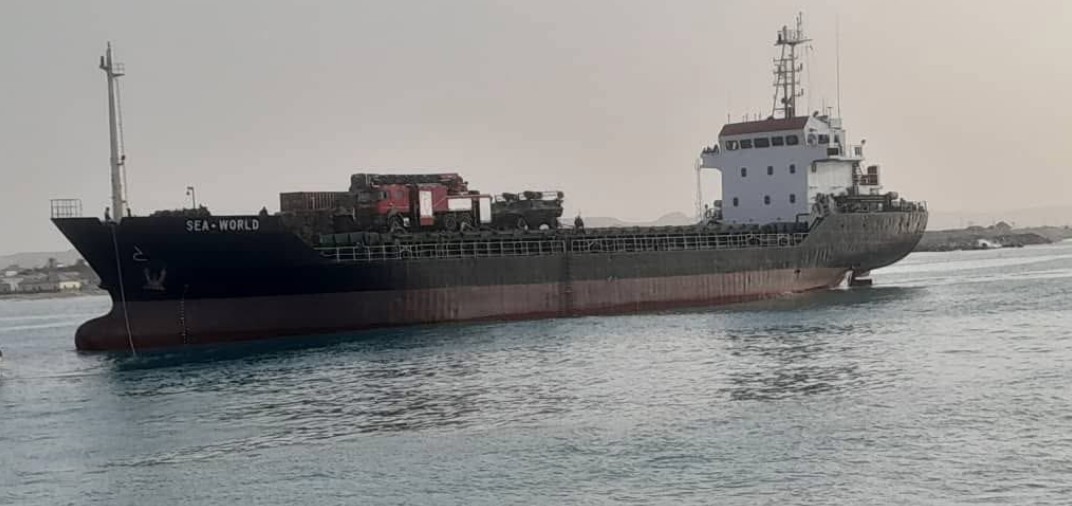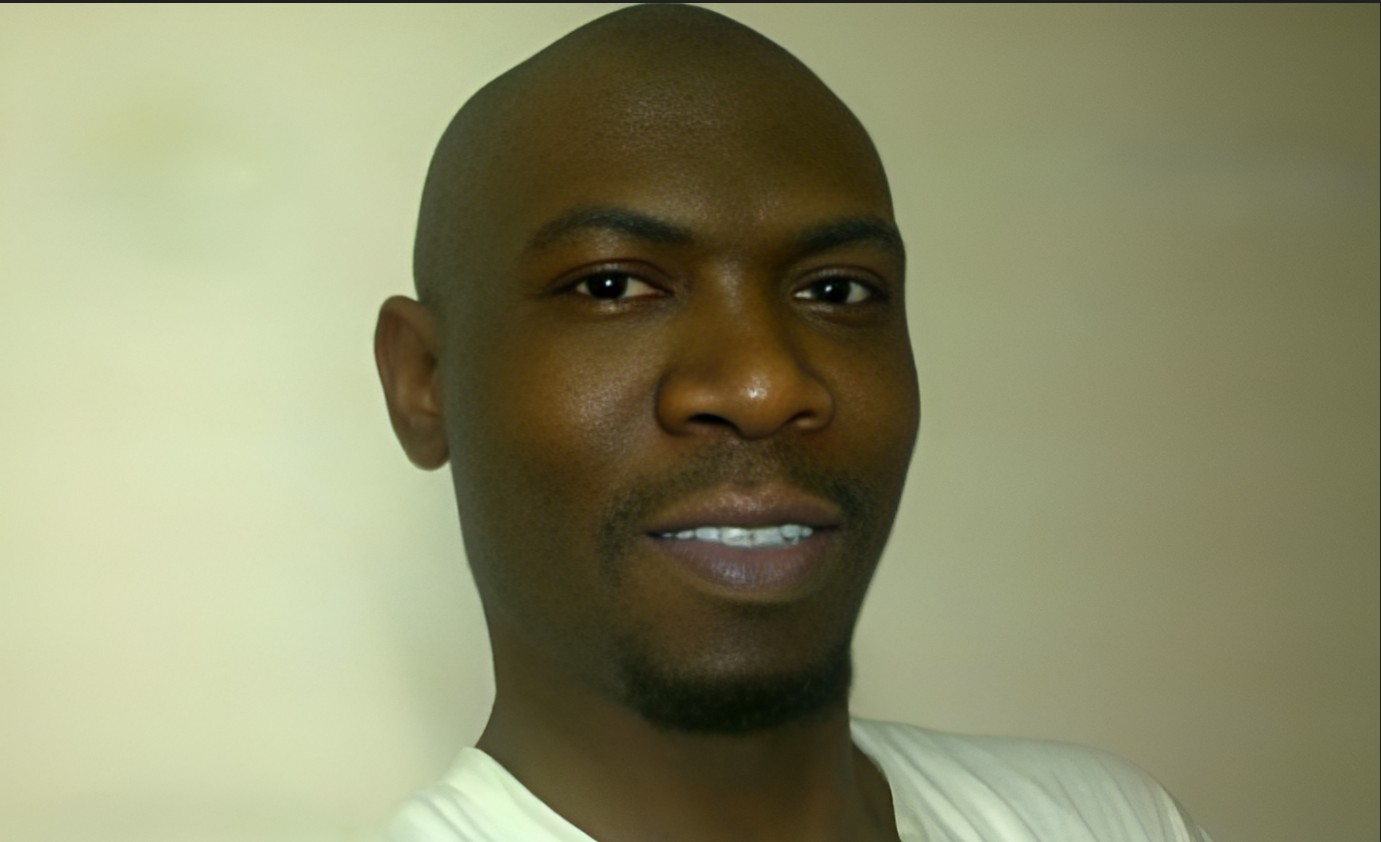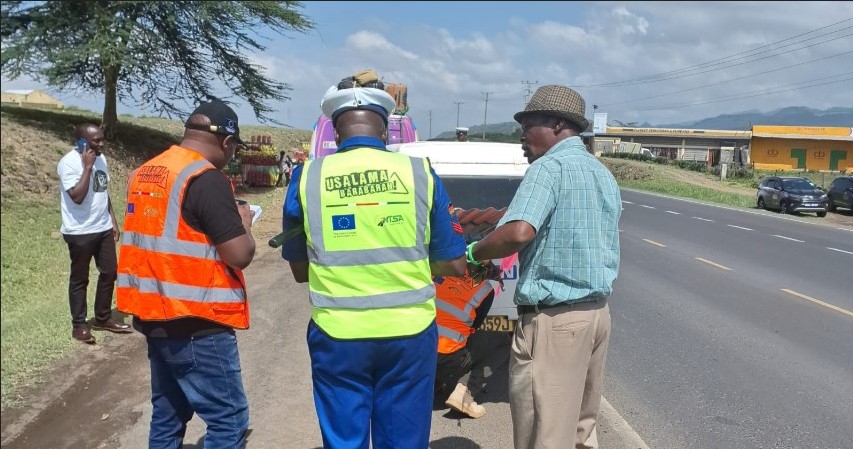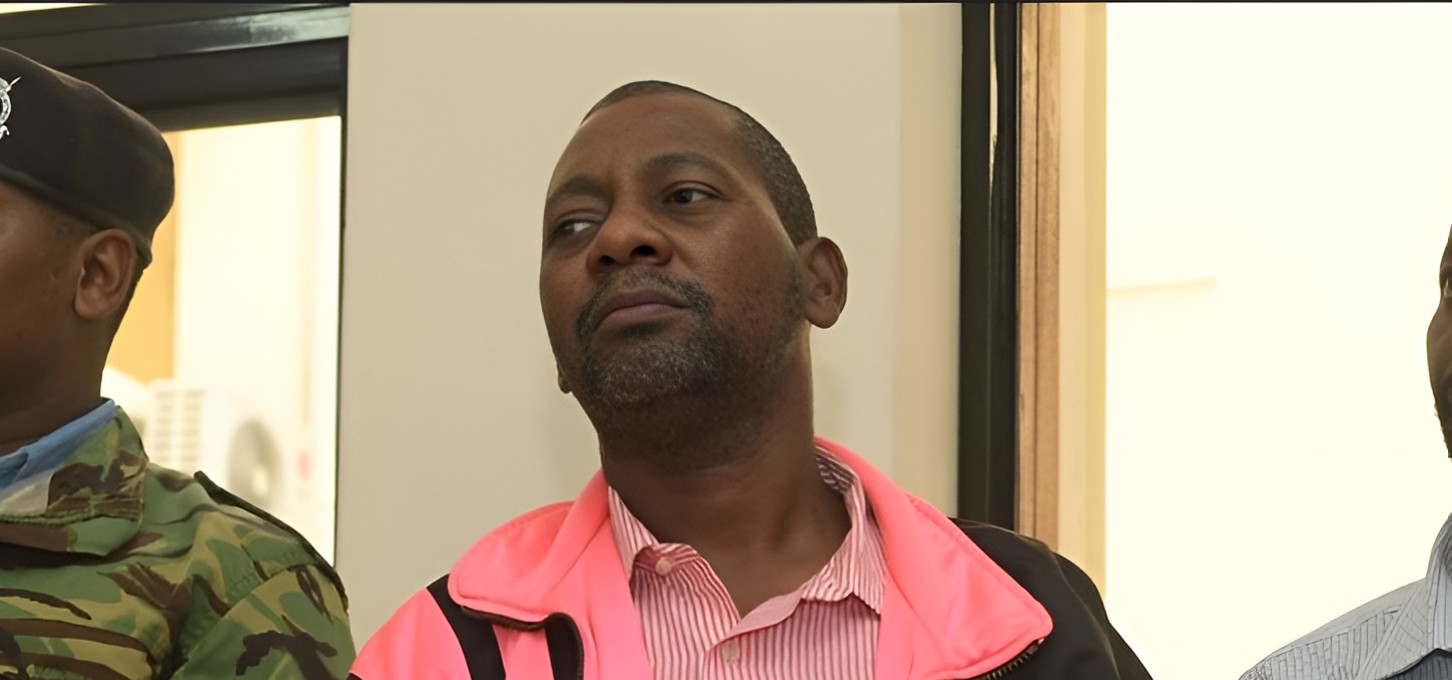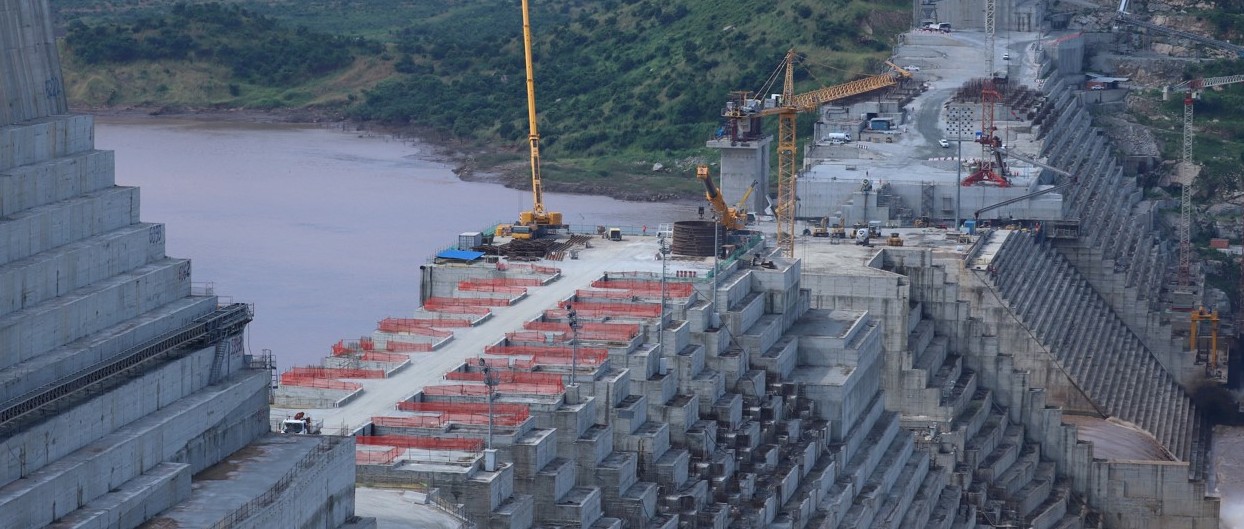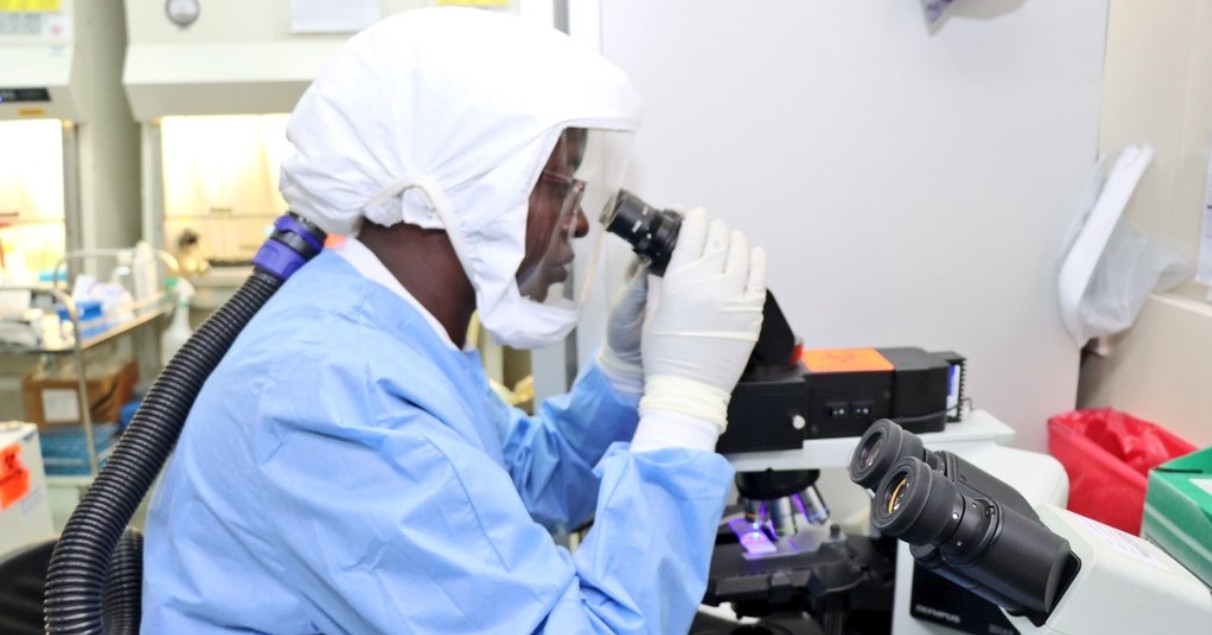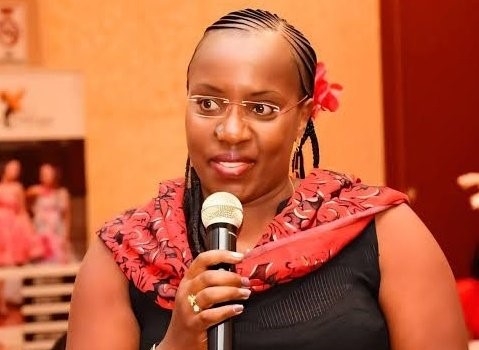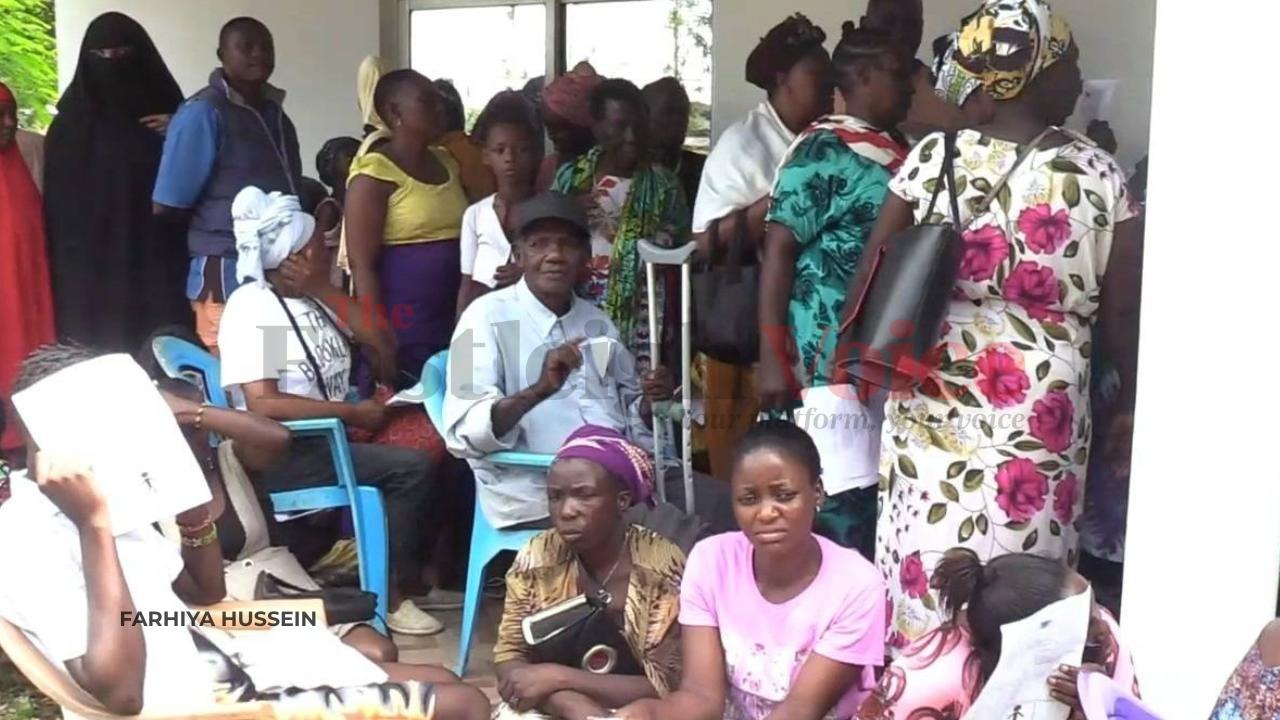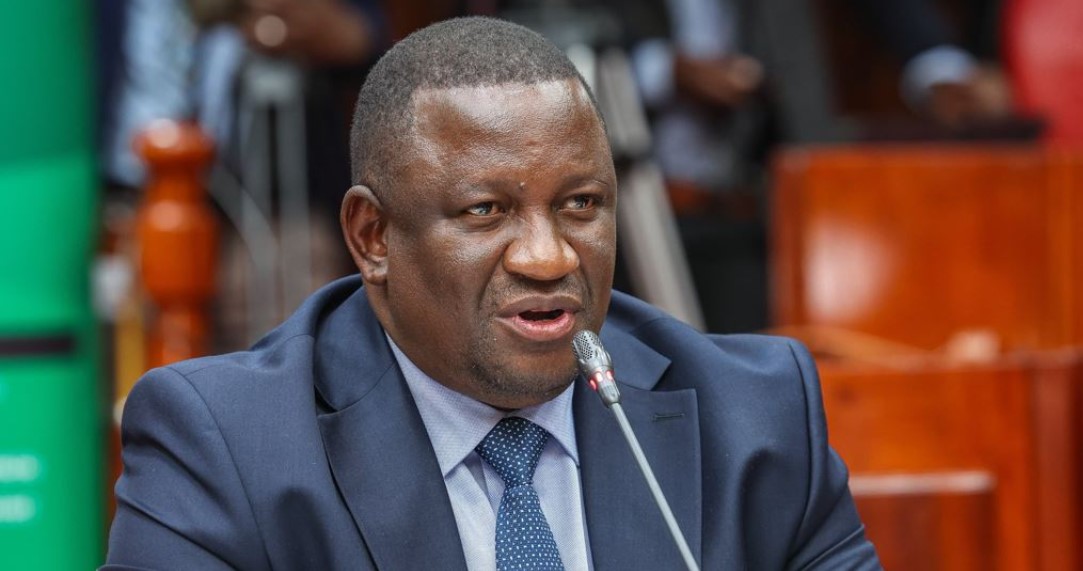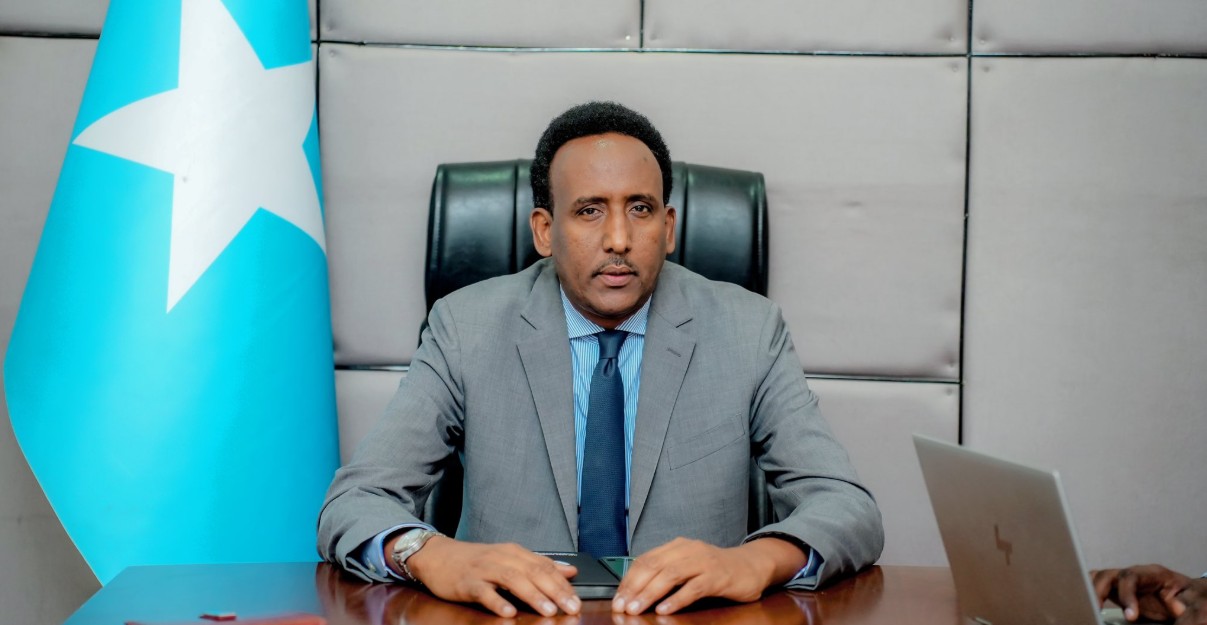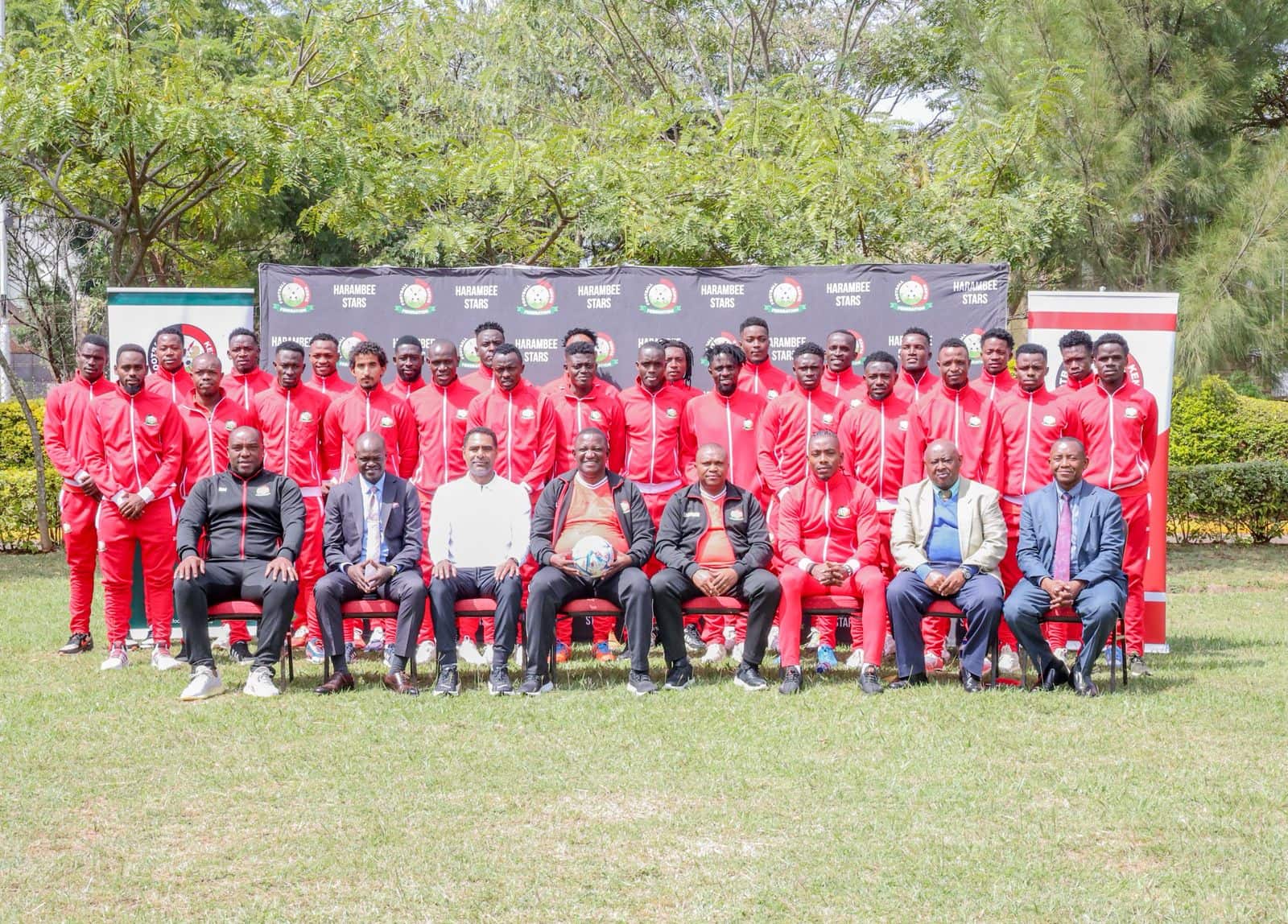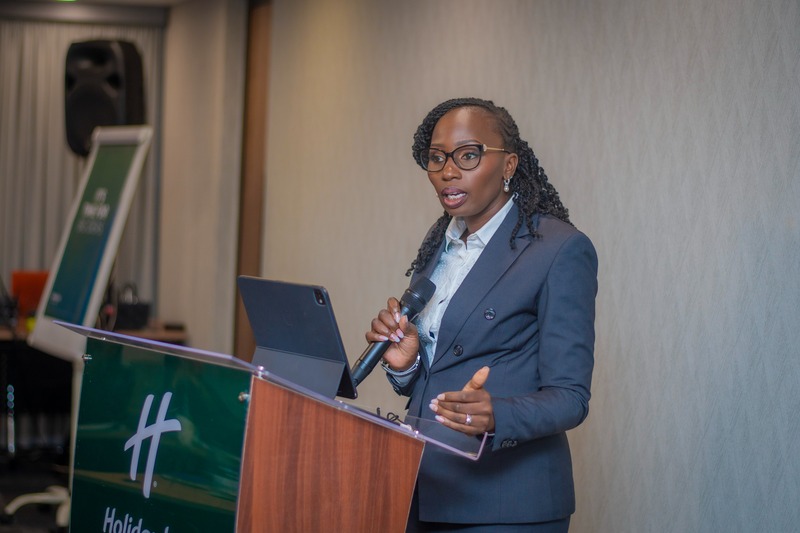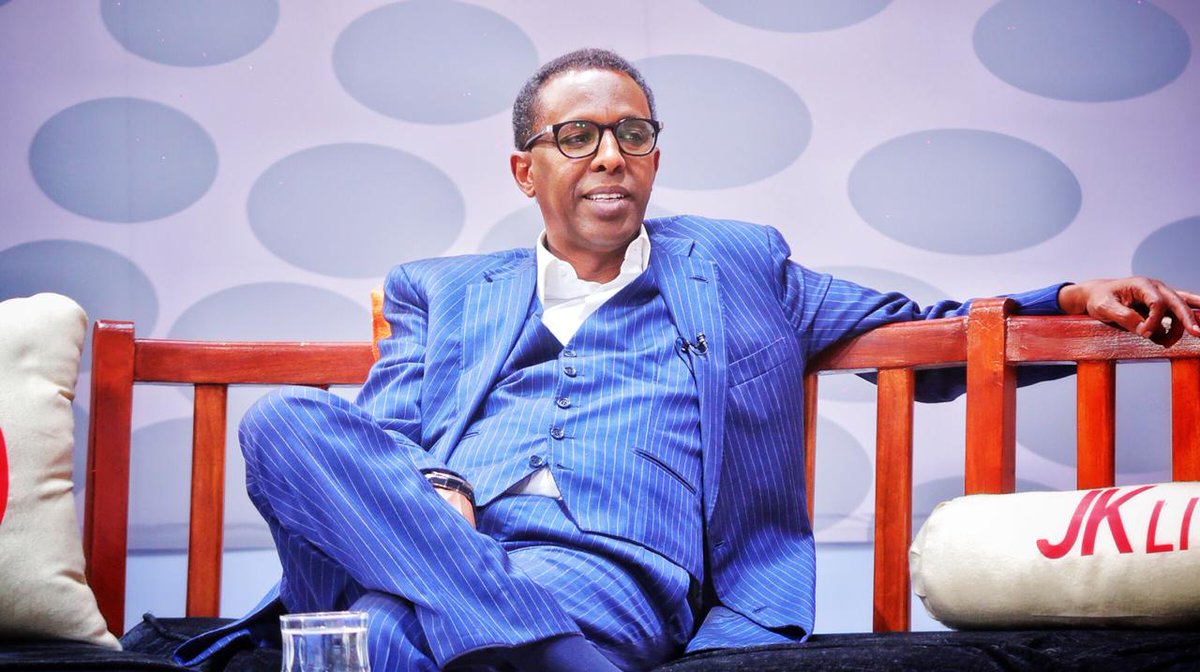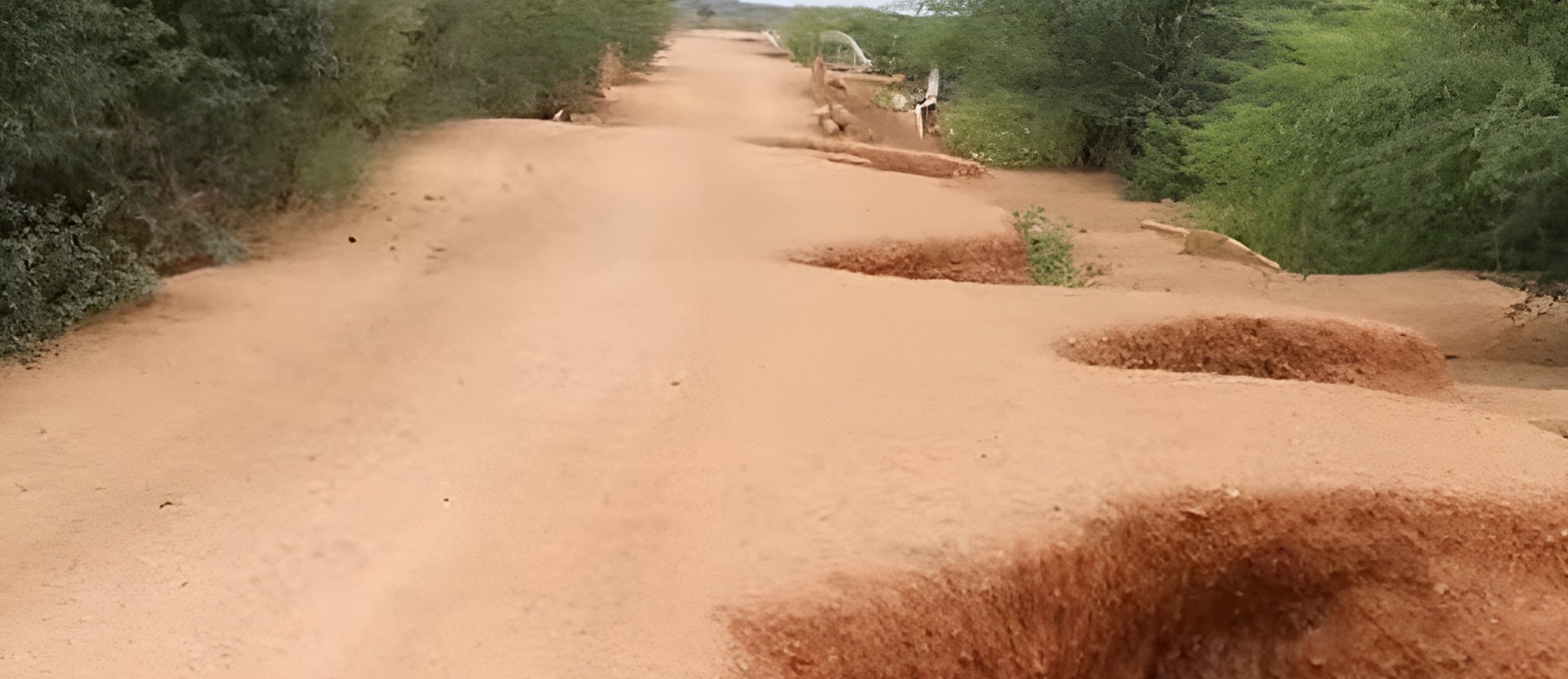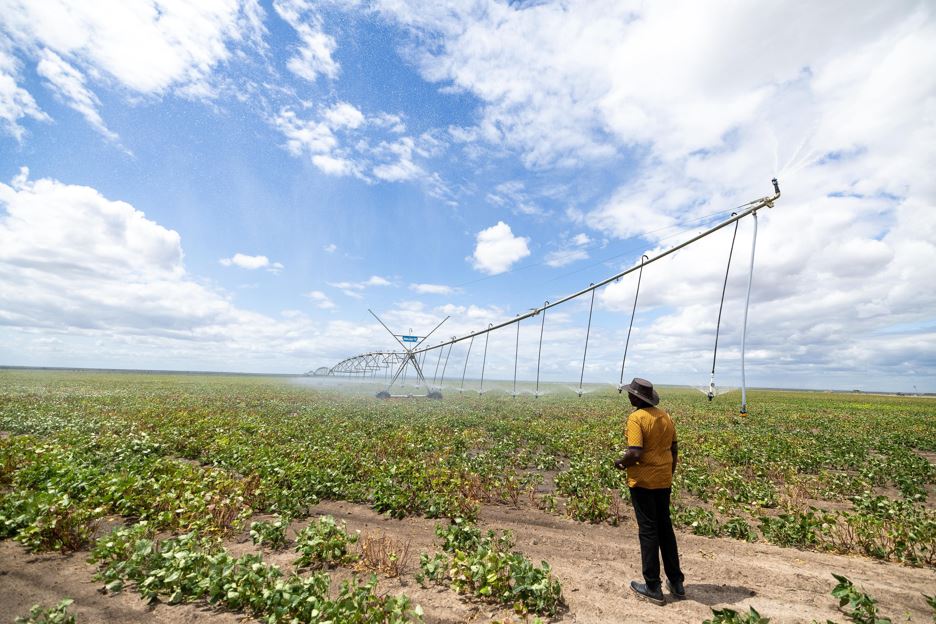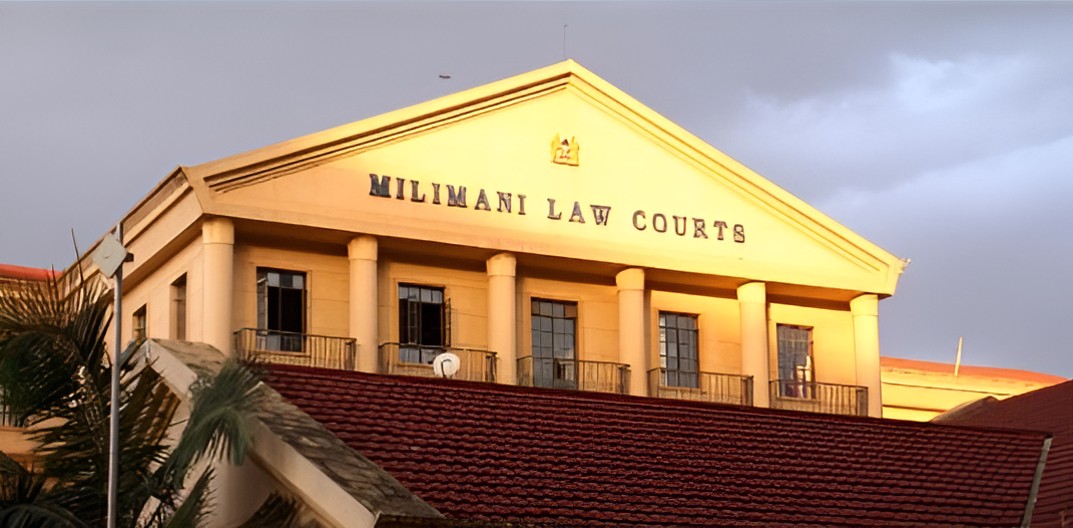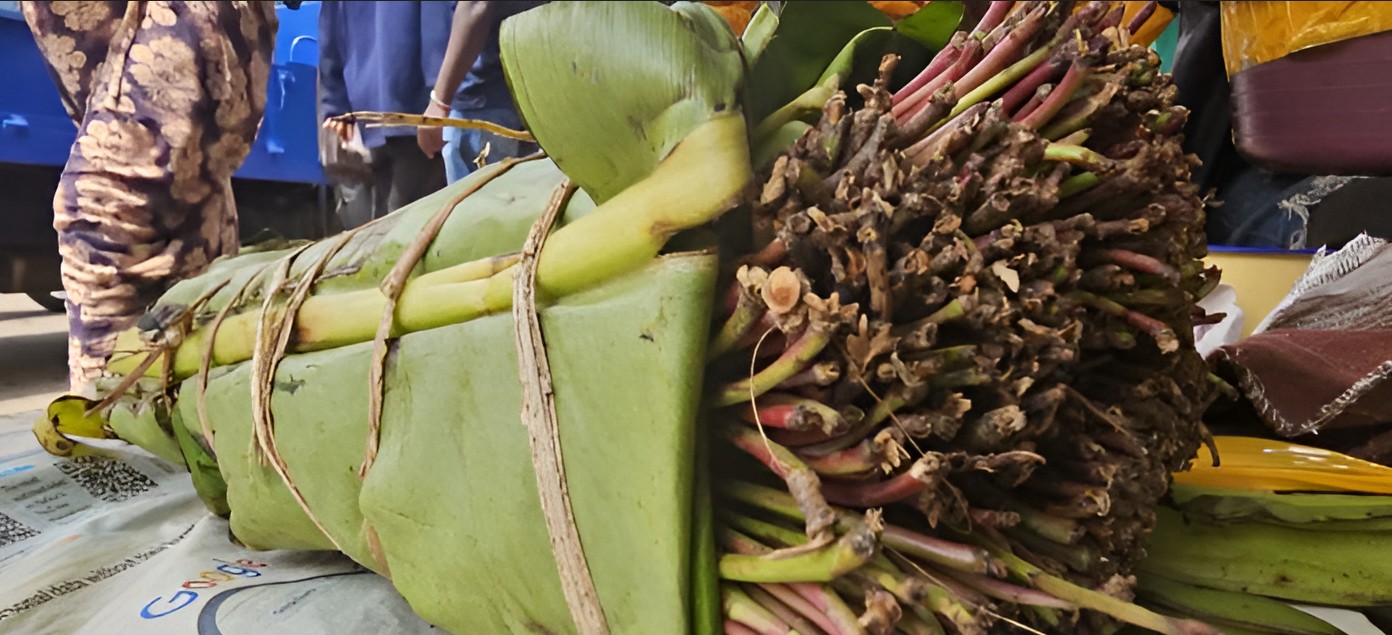CJ Koome distances herself from "blanket" terror charges against protesters
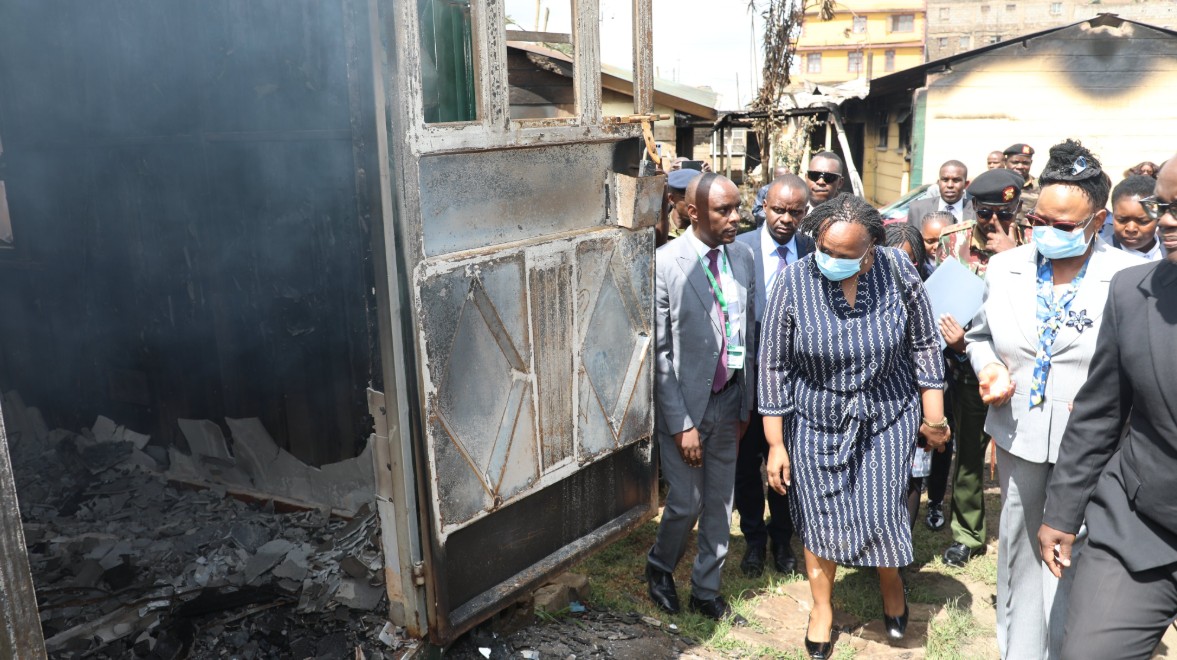
Koome said her remarks were based on what she had been told by security officials immediately after the incident.
Chief Justice Martha Koome has clarified that her remarks on the arson attack at Kikuyu Law Courts were based on preliminary security briefings and were not intended to influence investigations or prosecutions under the anti-terrorism law.
In a statement on Wednesday, Koome maintained that her statement was limited to that specific incident and should not be applied to other protests, individuals or events.
Speaking on June 26 after visiting the Kikuyu Law Court, which was burnt during the June 25 protests, the CJ indicated that the violence “[was] not merely an act perpetrated by criminal elements, but an act of terrorism.”
However, her comments have lately drawn criticism from human rights organisations, activists and legal experts who have slammed the Director of Public Prosecutions (DPP) for deliberately misusing terrorism charges against peaceful demonstrators, warning that the move undermines Kenya’s democratic space.
Koome said her remarks were based on what she had been told by security officials immediately after the incident.
“At the time, based on preliminary security briefings received immediately following the incident, I stated that the destruction was not carried out by local residents or peaceful protestors,” Koome said.
“Instead, the attackers were individuals brought in from outside Kikuyu, with the specific intention of destroying the court and adjacent public property. The attack on the court and surrounding offices appeared organised and deliberate.”
She emphasised that her comments were made specifically in response to the Kikuyu court incident and should not be generalised.
“They were specific to that incident and not meant to apply to any other protests, events, individuals or locations,” she said.
Koome addressed the growing public debate and reactions to her statement, including concerns raised by the Office of the Director of Public Prosecutions (ODPP), which on July 21 referenced her remarks in defending terrorism-related charges against demonstrators.
“It is important to emphasise that the Office of the Director of Public Prosecutions is fully independent, as guaranteed by Article 157(10) of the Constitution,” Koome said.
“This means that the DPP cannot be directed or influenced by any person or authority.”
She also noted that the National Police Service (NPS), which conducts investigations, operates independently under the command of the Inspector General, as stipulated in Article 245(2)(b) of the Constitution.
“All decisions to investigate or prosecute must be based on credible evidence and the law. They are not influenced by public statements made by any individual, including the Chief Justice,” she added.
Koome referred to the National Council on the Administration of Justice (NCAJ) meeting held on July 15, where stakeholders resolved to uphold key constitutional and legal principles in the justice system.
“Justice sector institutions must remain steadfast in upholding their constitutional mandate to serve all Kenyans without fear or favour. Above all, we must protect the most vulnerable, uphold human dignity and reinforce public confidence in the justice system,” she said.
The NCAJ called for enhanced cooperation between the Judiciary, ODPP, NPS, IPOA, civil society and oversight agencies to promote accountable and lawful enforcement.
“The Council affirms that human rights defenders and organisations must not be criminalised, harassed, or intimidated for their work. A safe civic space is essential to constitutional democracy,” the CJ added.
She said these resolutions, outlined in the NCAJ communiqué of July 15, continue to guide the justice sector’s work, with the overall goal being to ensure a criminal justice system that is faithful to the Constitution and public interest.
“I wish to reassure all Kenyans that the Judiciary is fully committed to the Constitution and the rule of law,” Koome said.
“Everyone brought before the courts, regardless of the charge, will be treated fairly and given a full and fair hearing as required by the Constitution and the law.”
The DPP on Monday defended the decision to press terrorism charges against protesters arrested during the June 25 and July 7 demonstrations, saying the charges are grounded in law and national security, not political persecution.
The ODPP said the acts under investigation, including the torching of courts, police stations and attacks on public officers, met the terrorism threshold under Sections 2 and 4 of the Prevention of Terrorism Act.
“The charges under the Prevention of Terrorism Act should be understood within the framework of established legal thresholds and national security imperatives rather than interpreted as efforts to suppress legitimate political expression,” the Office said.
The DPP argued the events were not spontaneous protests but coordinated acts of violence and cited Koome’s June 26 remarks as further justification.
Top Stories Today
